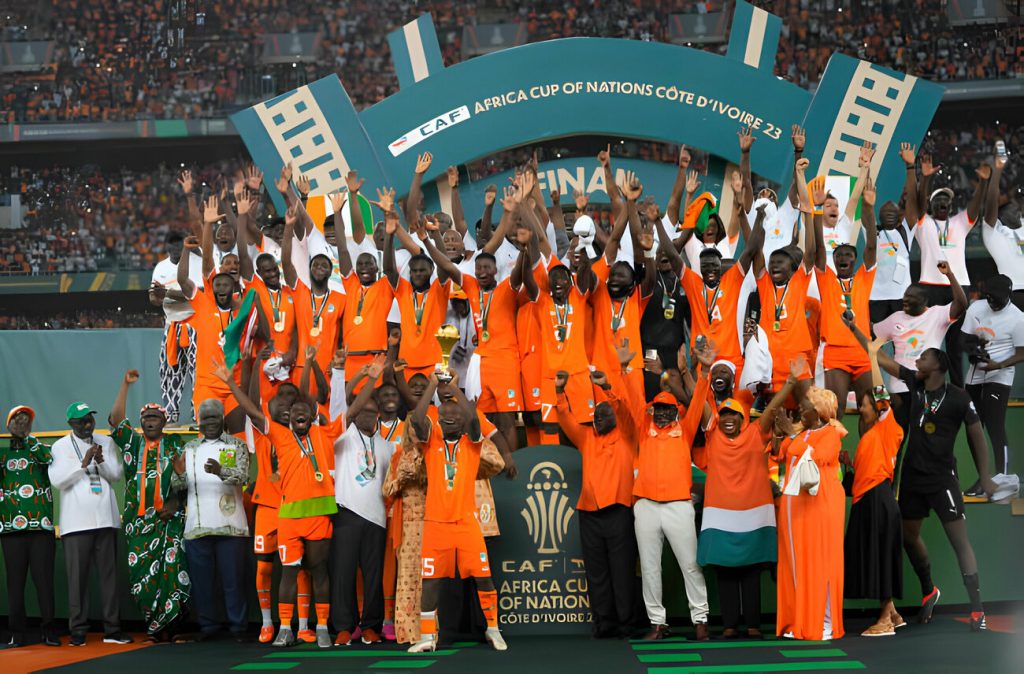The just-concluded Africa Cup of Nations (AFCON) in Ivory Coast delivered unprecedented shocks across the continent’s football landscape. The scorching heat of the West African nation set the stage for intense battles, demanding cooling breaks amidst frenzied matches.
Traditional powerhouses such as Algeria, Egypt, Cameroon, Tunisia, and Senegal succumbed to the resilience of underdog opponents, their dominance crumbling like a house of cards. Even Morocco, riding high on their achievements at the 2022 FIFA World Cup, could not evade the onslaught of upsets that rattled the tournament’s giants. Yet, the less-fancied teams put on brave performances, making AFCON 2023 arguably the most thrilling edition in the tournament’s history.
The extravagant opening ceremony in Abidjan, Ivory Coast’s economic hub, set the stage for a series of remarkable achievements throughout the tournament. Despite the palpable signs, few pundits foresaw the magnitude of the surprises awaiting, overlooking clear indicators. Rwanda (challenging South Africa and Nigeria) and Comoros (competing against Mali and Ghana) had hinted at the impending upheaval.
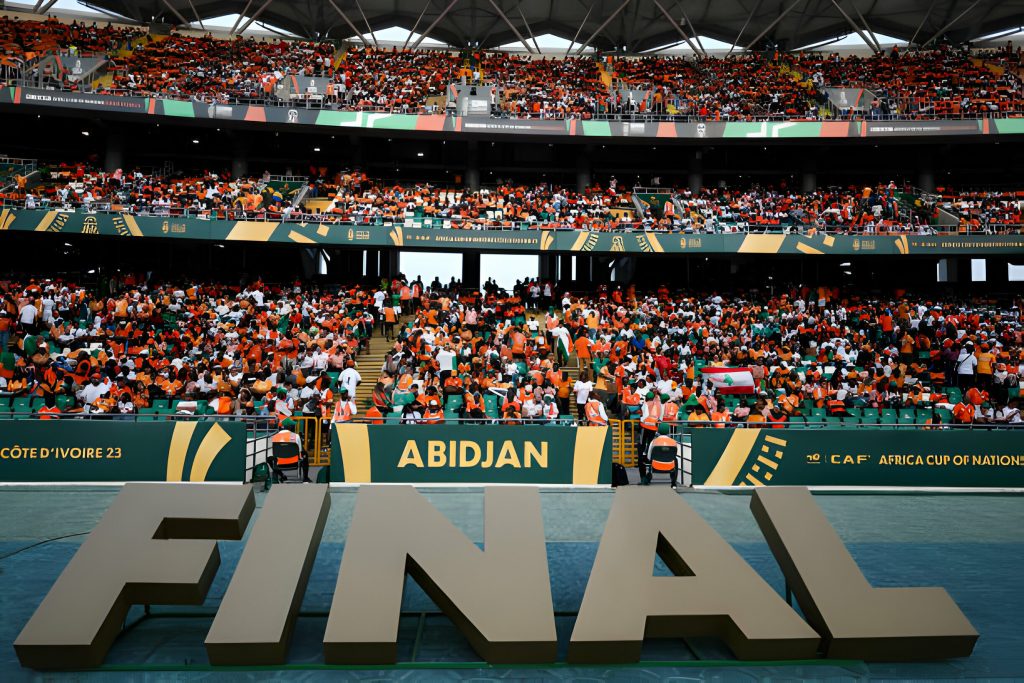
By the second matchday, both had surged to the top of their FIFA 2026 World Cup qualifying groups, offering a glimpse of the spectacle awaiting African football enthusiasts. Indeed, AFCON 2023 shall be enshrined as the tournament of monumental upsets.
In a remarkable turn of events, none of the quarterfinalists from AFCON 2021 made it to the last eight at the tournament. Instead, Africa’s less-heralded teams seized the spotlight with spectacular performances. Equatorial Guinea stunned onlookers with consecutive four-goal displays, including a dominant 4-0 victory over the seasoned hosts.
Despite having the smallest squad, Cape Verde defied the odds by topping a challenging AFCON first-round group featuring powerhouses like Egypt and Ghana. Meanwhile, Mauritania, beneficiaries of FIFA Forward funding like their Cape Verdean counterparts, scripted history by defeating former champions Algeria in their maiden AFCON victory, securing a historic berth in the next round.
Similarly, quarter-finalists Angola were group leaders in a challenging group that included Burkina Faso and Algeria. The Desert Foxes continued their disappointing trend by finishing at the bottom of their AFCON group for the consecutive decade, a trend that began in Senegal in 1992. The Algerians also extended their winless streak to six consecutive AFCON matches. Mali displayed their characteristic unpredictability by outclassing South Africa and Tunisia to secure the group’s top spot, while Namibia achieved a historic advancement to the second round.
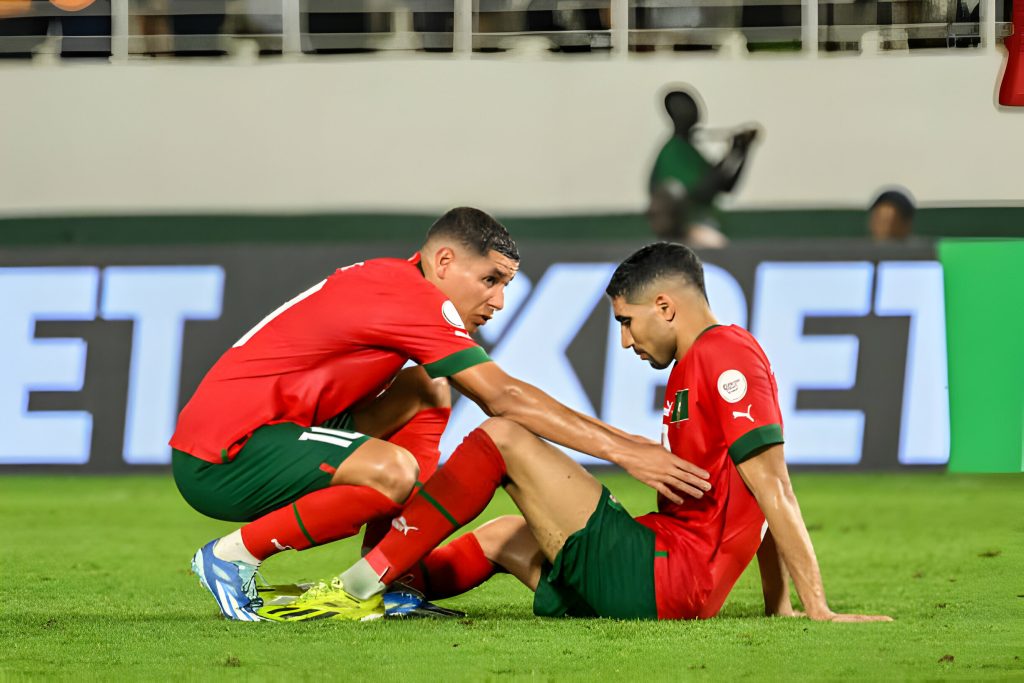
The highest-ranked African national team, Morocco, were the worst hit; they did not live up to the hype, succumbing to eventual bronze medalists South Africa and exiting the tournament prematurely. By the conclusion of the second round, AFCON 2023 had seen more goals than each of the second-round stages of the last two editions, marking a testament to the tournament’s thrilling encounters.
On the individual front, esteemed greats faltered, not meeting the lofty expectations set before them. Notable names such as Sadio Mane, Mohamed Kudus, Achraf Hakimi, Riyad Mahrez, and Mohamed Salah faced premature exits from the tournament. Andre Onana, whose arrival was delayed, could only watch from the sidelines, with his cousin Fabrice Ondoa taking his place in goal.
Even the reigning African Footballer of the Year, Victor Osimhen, left his scoring boots at home. He scored only one of his 24 shots. It fell upon his inspirational captain William Troost-Ekong and forward Ademola Lookman, to provide crucial goals whenever the team faced adversity. Interestingly, Troost-Ekong was named the best player of the tournament by CAF following the culmination of the event.
AFCON 2023 also saw the emergence of new stars, none shining brighter than Equatorial Guinea’s striker Emilio Nsue. The Spain-born forward not only claimed the tournament’s top scorer title but also etched his name in the history books as the first player since Morocco’s Soufiane Alloudi in Egypt 2008 to notch a hat-trick in the competition.
???????? Emilio Nsue is officially the #TotalEnergiesAFCON2023 Puma Golden Boot winner! ⚽
5️⃣ goals in 4️⃣ games for the Equatorial Guinea captain! @pumafootball pic.twitter.com/Wsu77Yp8Nd
— CAF (@CAF_Online) February 11, 2024
Meanwhile, South Africa’s captain Ronwen Williams left an indelible mark with a performance reminiscent of Helmuth Duckadam; he became the first goalkeeper in AFCON history to save four penalty kicks in a single shootout. This earned him the Best Goalkeeper Award. Stanley Nwabali’s heroic displays between the posts for Nigeria also did not go unnoticed. The striker-cum-goalkeeper was a late addition to the team, claiming the goaltender position from compatriot Francis Uzoho. It is safe to say that Nigeria’s goalkeeping problems have found an apt solution for the near future.
A savior for South Africa when needed ????
Ronwen Williams deservedly wins Ecobank Best Goalkeeper with a remarkable presence in #TotalEnergiesAFCON2023 ????????@GroupEcobank pic.twitter.com/UAqmvRjZ5V
— CAF (@CAF_Online) February 11, 2024
In a whirlwind of surprises and stellar performances, the African football scene saw an electrifying climax as Nigeria defied the odds to reach the final, only to be outshone by a resurgent Ivory Coast. From the onset, the Super Eagles appeared to be a team struggling for form. However, they defied expectations, displaying resilience and determination with three hard-fought victories en route to the final.
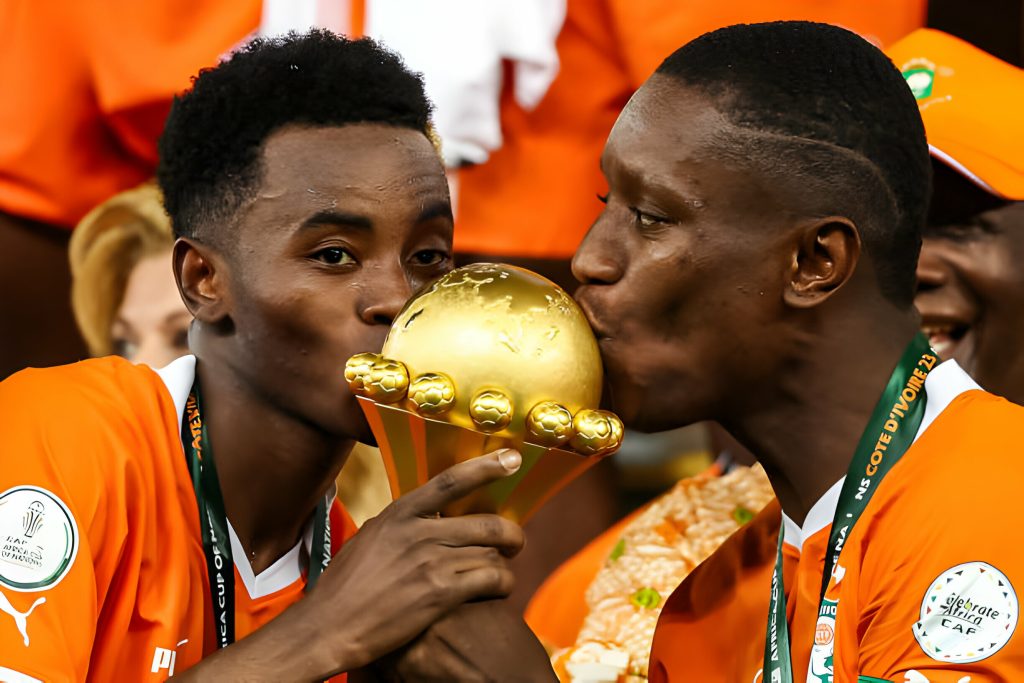
Their journey was fraught with tension, surviving a nerve-wracking penalty shootout in the semi-finals against resolute South Africa. The Elephants had their own tale of redemption. Despite stumbling in the group stage with consecutive defeats, they mounted an incredible comeback, edging past strong adversaries in dramatic fashion, including a tense victory against DR Congo in the semis.
The final showdown was a spectacle of football mastery. Despite Nigeria taking an early lead through Troost-Ekong against the run of play, Ivory Coast displayed their class and composure. Mercurial winger Simon Adingra (Best Young Player) orchestrated a stunning comeback, with Franck Kessie and Sebastien Haller capitalizing on his brilliance to secure Ivory Coast’s third continental title.
In the end, Nigeria’s valiant efforts fell short against the dominant display of the Ivorians, leaving fans in awe of the captivating drama that unfolded on the pitch. Both teams are now levelled on wins at the tournament. Nigeria claimed a fifth silver medal while Ivory Coast could represent Africa in the new format of the defunct FIFA Confederations Cup.
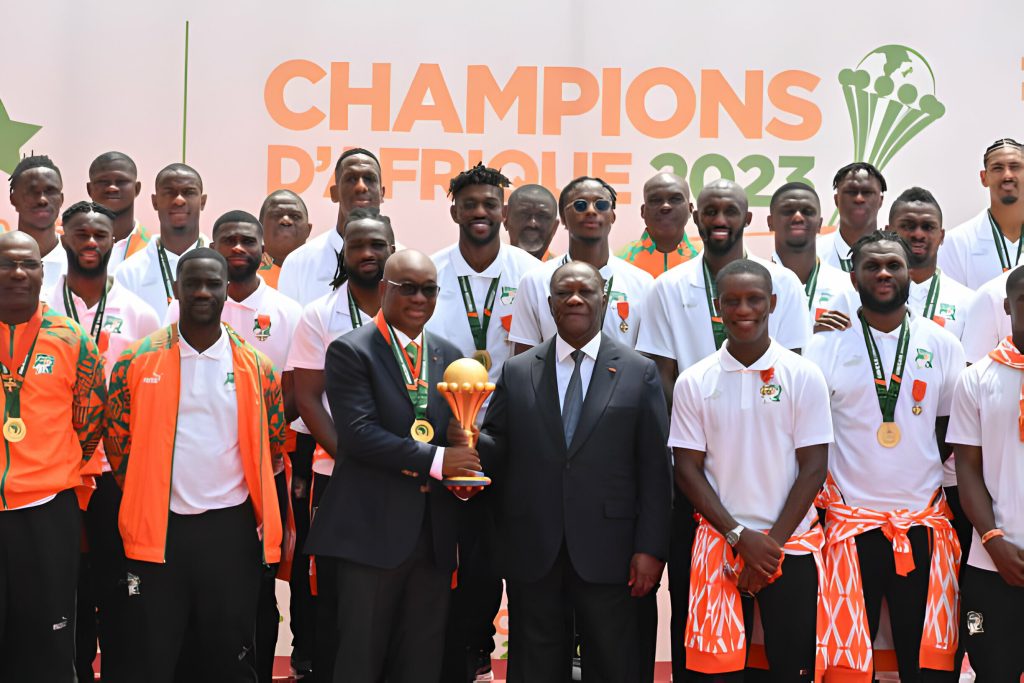
The mantle of hosting another African football showpiece now shifts to Morocco, poised to redeem themselves after a disappointing campaign in Ivory Coast. It is clear to all observers that African football has matured significantly, with no national team considered a ‘minnow’ any longer.
The era of perennial favourites effortlessly overpowering newcomers is gone, replaced by fiercely contested matches where victory is hard-earned. As Ivorian and African football icon Didier Drogba astutely noted: “The Africa Cup of Nations is a tournament where you need men. [The] pitches are imperfect, the weather is tough, and accommodation could leave a lot to be desired. Adaptability and an ability to overcome [are] key [to success].”
Over to you, Morocco.

